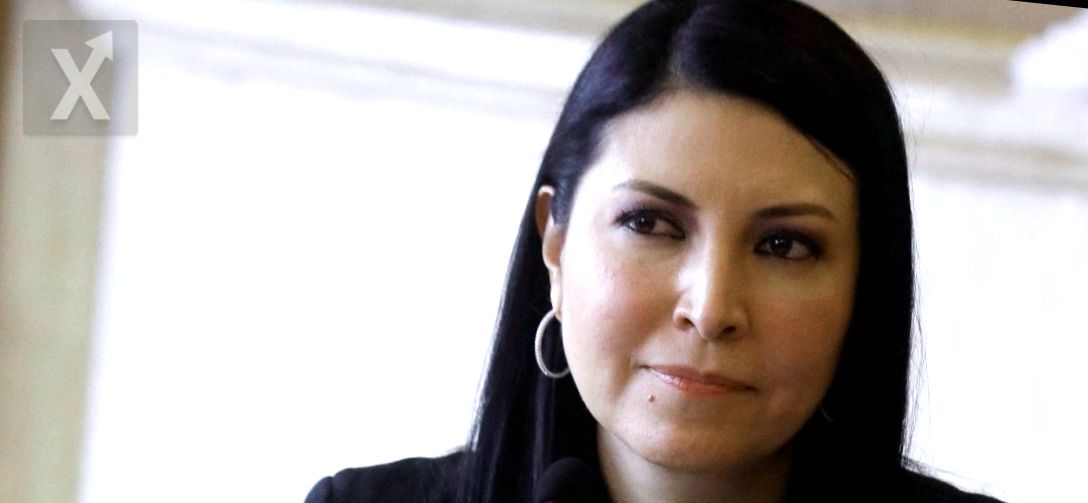Banxico Sees More Rate Cuts Thanks to Inflation Drop

The governor of the Bank of Mexico (Banxico), Victoria Rodríguez, mentioned in a discussion with Reuters that it's likely the central bank will continue to cut its benchmark interest rate due to progress in lowering inflation. Just last Thursday, Banxico decided to reduce its key rate by 25 basis points, bringing it to 10.25%, following a unanimous vote from its five-member board.
During the interview, Rodríguez stated, "With the progress in disinflation, we believe we can continue making cuts to the benchmark rate, and we will evaluate the inflation situation in upcoming meetings to make the necessary decisions." In October, core inflation, which excludes the volatile prices of food and energy, slowed to 3.80% compared to 3.91% the previous month. On the other hand, the annual overall inflation rate rose to 4.76% in October, up from 4.58% in September. Banxico aims for a general inflation rate of 3%, with a one-percentage-point margin of error. "Depending on how the inflation situation develops, we might consider more significant cuts," said Rodríguez, referring to the four rate reductions this year, including the three most recent ones, each by 25 basis points.
Regarding the Mexican peso, it has shown notable weakening over the past six months. A series of post-electoral reforms have shaken investor confidence in the Mexican legal system, in addition to Donald Trump's victory in the U.S. creating uncertainty about the important trade relationship between the two countries. Despite this, Rodríguez assured that, following the U.S. elections, conditions in the markets remain "relatively orderly." Although Banxico has not had to take drastic measures, the bank is vigilant for any developments. "If conditions demand it, we could intervene, and we are monitoring any changes," Rodríguez affirmed.
Last Friday, the Secretariat of Finance presented the anticipated 2025 budget, forecasting a reduction in the budget deficit to 3.9% of Gross Domestic Product (GDP), as economic growth is projected to increase alongside a significant cut in spending, including defense and security. Market analysts are keeping a close eye on the budget, as the government faces pressure to reduce the deficit, which is expected to close this year at 5.9% of GDP, the highest figure since the 1980s. "It's crucial to note that after the presentation of the economic package, financial markets showed orderly behavior, which is undoubtedly a positive sign," Rodríguez concluded.
In an environment where interest rates are decreasing, it's important for investors to take the necessary time to evaluate their decisions, as successive rate cuts can stimulate spending and investment but could also generate inflation if not managed properly. Maintaining a balance between economic growth and controlling inflation is essential for the country's long-term stability.






